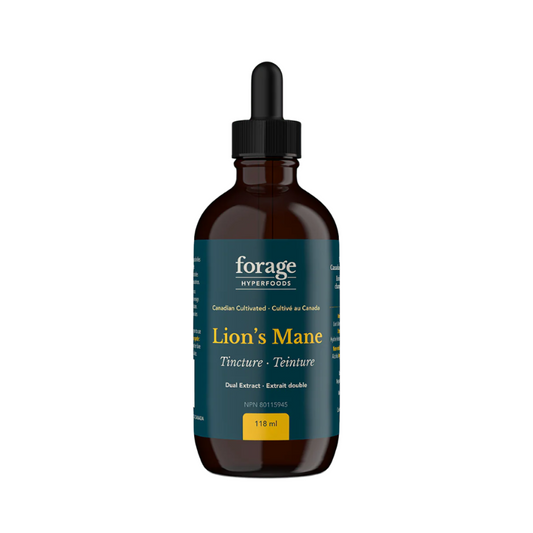
Preventative Health Care: What Is It and Why Is It Important?
Share
In today’s busy world, many people don’t think about their health until something goes wrong. We’d like to encourage you to take a different approach. By taking care of yourself now and proactively approaching your health, you’ll drastically reduce your risk of illness and improve your quality of life. We know that life can be demanding and stressful and that preventative health care can feel like another thing on your to-do list, but taking care of yourself doesn’t have to be overwhelming or time-consuming. We’ve rounded up some simple ways to start taking care of your health today.
First things first, what exactly is preventative health care?
Preventative health care is about taking care of your mind and body to stay healthy, avoid or delay the onset of disease, and keep illnesses already present from becoming worse. It involves preemptively taking action to maintain your health and well-being, even without health problems.
Why is preventative health care important?
According to the CDC, chronic diseases such as heart disease, cancer, and diabetes are responsible for seven out of ten deaths among Americans each year and account for 75 percent of the nation’s healthcare spending. In many cases, however, these diseases can be prevented—or, at the very least, caught early when treatment is most effective—by living a healthy lifestyle and regularly visiting your doctor for checkups and routine screenings.
How can you practice preventative health care?
It’s easy to think that just because you feel perfectly healthy today, it’s okay to eat fast food regularly, drink too much alcohol, smoke cigarettes, put sleep on the backburner, and overextend yourself at work. After all, you feel fine, right? By engaging in unhealthy habits, you drastically increase your risk of developing mental or physical health issues.
Preventative health care is about taking care of yourself now rather than waiting for health issues to arise. This reduces your risk of illness and increases your chance of recovery in the event that you do develop an illness. So, what are some easy, accessible ways you practice preventative health care daily? Here are our top tips:
Eat a nutrient-rich diet
Plant-based diets are associated with a lower risk of all-cause mortality. Try to add more whole plant foods, such as fruits, vegetables, whole grains, legumes, nuts, and seeds, to your diet, while reducing your intake of animal products and processed food. You don’t need to spend hours in the kitchen, either. Simple meals can be just as tasty and nourishing.
Move your body
Regular physical activity has been shown to improve your overall health, fitness, and quality of life and reduce your risk of chronic diseases such as type 2 diabetes, heart disease, many types of cancer, depression, anxiety, and dementia. Adults should aim to get at least 150 minutes of moderate-intensity aerobic activity every week, plus muscle-strengthening activities at least two days a week. If you can’t get that much exercise, don’t worry! Any amount will help. Start where you are and increase your activity if/when you can.
Manage your stress
Chronic stress can wreak major havoc on your mind and body, putting you at increased risk of many health problems, including anxiety, depression, digestive problems, headaches, muscle tension and pain, heart disease, sleep problems, weight gain, and memory impairment. That’s why finding ways to manage your stress and soothe your nerves is so essential. Experiment with different stress management strategies to see what works best for you. Some things to include are exercise, meditation, deep breathing, limiting screen time, journaling, talking to a therapist, making time for hobbies, and spending time with friends. Try your best to get adequate sleep, too!
Quit smoking and limit alcohol consumption
Smoking harms nearly every organ in the body, leading to disease and disability. If you smoke, take the steps to quit, even if that means seeking help from your doctor. In terms of alcohol, try to save alcohol for special occasions rather than making it something you do daily or weekly to relax.
Supplement your diet
In addition to eating a healthy diet, you can further support your health by adding immune-boosting supplements to your routine. For example, Chaga mushroom is an absolute powerhouse when it comes to supporting a healthy immune system. We recommend a potent and easy to supplement Chaga extract, also known as a tincture.
Regularly visit your doctor
While taking care of your health through everyday lifestyle habits is essential, regularly visiting your doctor is also crucial. Getting regular checkups and following your doctor’s recommendations for disease screening is an important part of monitoring and maintaining your health.
The bottom line
Prevention is key to staying healthy and living a longer, happier life. Don’t wait until your body and mind are giving you signals that something is amiss. Instead, take action—starting today—by applying the tips in this article and treating your body with a bit of extra love and care.



